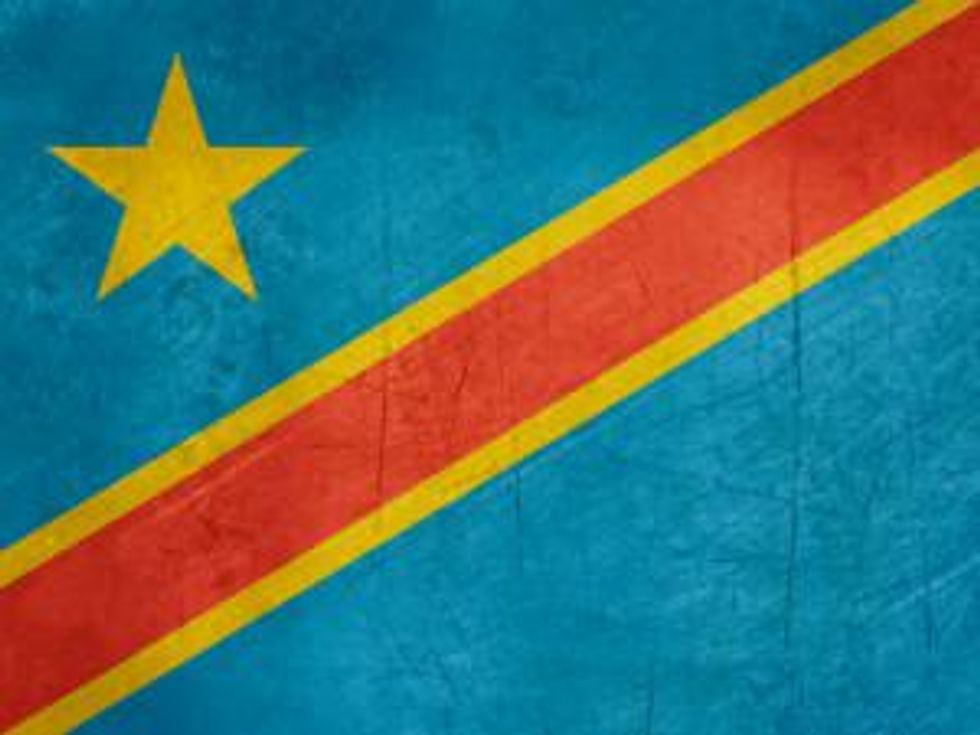DRC’s Confidence in Cobalt Export Ban May be Misplaced
Martin Kabwelulu, the DRC’s minister of mines, is confident that the country’s ban on the export of cobalt and copper concentrates will go into “full effect” in the summer, but previous attempts at instating similar bans have failed.
At the beginning of April, the Democratic Republic of the Congo (DRC) banned exports of copper and cobalt concentrates, giving companies operating in the country just 90 days to clear out their inventories. The reason? The country wants to encourage miners to refine and process the metals within the country’s borders.
Now, the DRC has confirmed that it expects the ban to come into full effect in July or August, with Martin Kabwelulu, the minister of mines, telling Reuters last week, “I’m confirming the ban on copper concentrate. It will be fully enforced by July or August in order to allow mining operators to re-adjust themselves.”
Who will be affected?
Despite what investors might think, the news is not all bad. In fact, a number of DRC miners believe they will not suffer ill effects as a result of the ban.
For instance, copper-cobalt producer Tiger Resources (ASX:TGS) will not be negatively affected, Brad Marwood, the company’s managing director, told Copper Investing News in an interview last month. He commented that based on his understanding, “it’s 90 days during which you must advise the minister of all your concentrate at hand, and then you’ll be given 90 days to clear that concentrate. In that 90-day period, you must come up with a strategy saying how you’re going to go to a high value-added product.” In his opinion, the company is already producing a high value-added product, so the country’s decision will have “no impact” on Tiger.
Mawson West (TSX:MWE), which exports copper from the DRC, also has a positive outlook. It said in an April 18 press release that the concentrate it produces in the DRC is governed by the Dikulushi Mining Convention, which allows it to freely export its concentrate on international markets. It does not see “any reason why this situation will now change and does not expect to be affected by the new decree.”
Major producers like Freeport-McMoRan Copper & Gold (NYSE:FCX) and Glencore Xstrata (LSE:GLEN) are also unlikely to be affected, according to Reuters, because they already process most of their metal within the DRC. Freeport’s biggest problem will probably be proving that the cobalt hydroxide it produces is a finished product, a Northern Miner article points out.
Reuters notes that ENRC, which exports concentrate to Zambia, will likely be hit the hardest as Frontier, the new DRC-based mine it is commissioning, is expected to produce 40,000 metric tons of copper concentrate this year.
Another false start?
Miners have been quick to assure investors that they will not be impacted by the ban, but if the past holds any bearing on the present, their efforts may end up being unnecessary — the DRC tried to implement similar bans in 2007 and 2010, but ultimately reversed its decision each time, as per Reuters.
Kabwelulu appears certain that there will be no such regressions this time, but there are already rumblings of discontent — and they aren’t coming only from miners, as one might expect. Most notably, when the ban was first announced, Moise Katumbi, the governor of the DRC’s Katanga province, said he will not support it, pointing to the fact that the region simply does not have enough electricity to run processing plants.
“If you don’t have enough electricity you can’t process the concentrates, and as the state we need to furnish electricity to miners. They’ll continue to export concentrates until there’s enough electricity,” Bloomberg quoted him as saying.
Katumbi said at that time that he would be meeting with Kabwelulu to discuss the situation, but Kabwelulu’s confirmation of the ban seems to indicate that little came of that meeting. Indeed, Kabwelulu told Reuters last week, “[t]he government is fully aware that mining operators have electricity problems.”
One solution to the electricity problem might be to tax companies that need to export concentrated minerals, a strategy Katumbi employed when the 2010 ban was in place. However, unless more news surfaces, investors will have to wait until the summer months to see how the situation pans out.
Securities Disclosure: I, Charlotte McLeod, hold no direct investment interest in any company mentioned in this article.
Related reading:
DRC Bans Exports of Copper and Cobalt Concentrates

